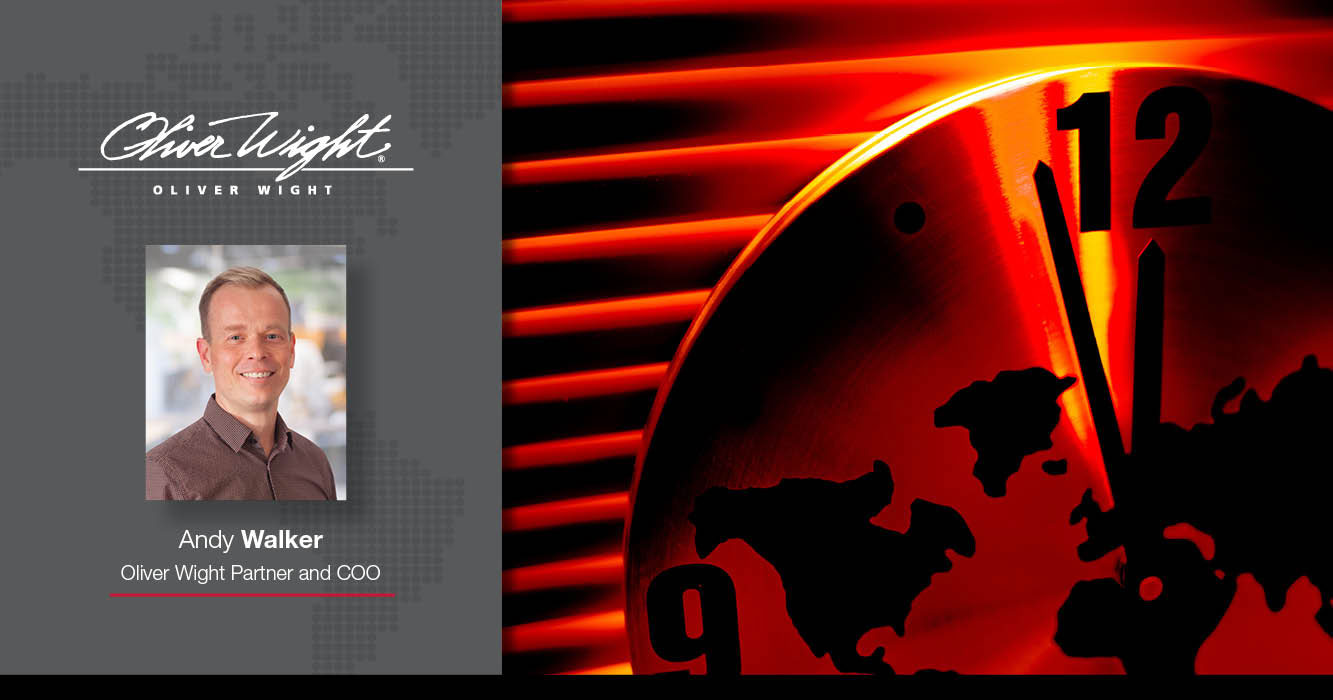Is unobtainium the world’s new precious commodity?
09 Feb 2023
Blog

Happy New Year? At the start of 2023, there has been a blizzard of doom-mongering in the news – but is it all justified? Upsetting headlines about the cost-of-living crisis – soon we’re all going to have to choose to heat or eat – a looming global economic crash, and multiple public-sector strikes have offered little warmth in a chilly January.
The message is clear: it’s terrible now, but worse will come. In mid-January, the World Economy Forum’s Global Risks Report 2023, published on the eve of its annual meeting in Davos, explained how “present and future risks can also interact with each other to form a ‘polycrisis’ – a cluster of related global risks with compounding effects, such that the overall impact exceeds the sum of each part”.
If that wasn’t depressing enough, towards the end of the month, the Bulletin for Atomic Scientists’ symbolic Doomsday Clock was shifted to 90 seconds to midnight – the closest to global catastrophe it has ever been. The triple threats of nuclear war, “cyber-enabled information warfare”, and climate change have apparently increased the chances of armageddon.
With all the negative stories at a local and worldwide level, it’s hard not to be overwhelmed and feel hopeless. However, the general disheartening tone doesn’t always tally with reality. For example, when – ironically – on Friday, 13 January, the Office for National Statistics revealed the UK economy had grown, albeit by a mere 0.1%, in November, it was a shock for many commentators. Avoiding a recession – for now, at least – doesn’t fit the narrative.
Interestingly, as geopolitical issues rage and an economic downturn is predicted, people are increasingly looking to business leaders for good news and to take action. Indeed, the 2023 Edelman Trust Barometer shows that business is now considered the only global institution to be both competent and ethical. There is an opportunity for business leaders not to waste a good polycrisis.
Caught in the middle
Various studies indicate wealth inequality has increased in the UK and globally since the start of the pandemic. And, of course, that is concerning. But that’s the reality. And even those who have become wealthier have to adapt, too. For instance, if you wanted to buy a new Range Rover, there would likely be a two-year wait. The combination of ongoing supply chain problems and surging demand for luxury items means people for whom money is no object can’t buy everything they desire.
A friend who runs a high-end car dealership told me recently how he has enjoyed record years consecutively for the last five years. Already in 2023, he has more back orders than he would typically have in three years of sales. Evidently, there is no fear of an economic downturn for the rich.
Moreover, given the gap between people falling into the poverty trap and the better off is growing – and worlds apart – it is not a leap to realise a two-tier economy is being created. But unfortunately, few want to acknowledge this fact. As a result, business leaders are being blindsided.
You only have to look at the busy restaurants and theatres in central London to understand that life has never been better for some. Even in January, when people are supposed to be cash-strapped, you need to book weeks in advance to secure a table at a high-end eatery. It’s a similar story where I am based near Sheffield. So, the news angle that everyone will struggle in 2023 is a misleading blanket statement.
Christmas trading results support the theory that businesses operating at either the higher or lower end of the market, to cater for the two economies, will do well. Mid-market organisations are caught in the middle. Over the festive season, the likes of Marks and Spencer and Ocado triumphed, as did discount supermarket chains Aldi and Lidl. Strategically, the middle is the worst place to be for businesses at the moment.
Low-cost or uber-luxe
Those aiming at mid-market customers need to adjust urgently. Leaders must evolve their businesses and shift to operate in one of the two economies by offering good value and low-cost products or services or uber-luxe items or experiences.
That move, up or down, is not easy, admittedly. And its feasibility will depend on the market in which a business operates. But there are other trends to bear in mind. For instance, there are indications that people tend to pay more for an experience than a product. At the lower end of the scale, this could mean saving up for afternoon tea as a rare treat, and at the other end, it might be splashing out on food, culture and travel.
Ultimately, it’s worth business leaders asking themselves how they can turn their products into experiences or services and better participate in the two-tier economy. By taking action now, they stand a better chance of generating their own good-news stories.
Author(s)
-
